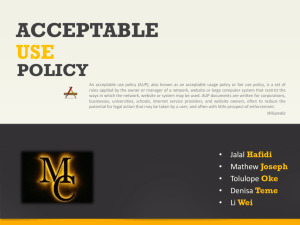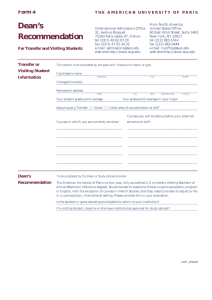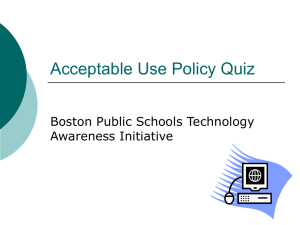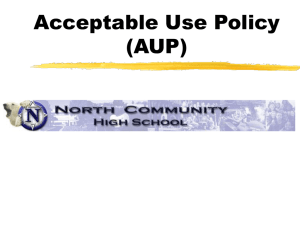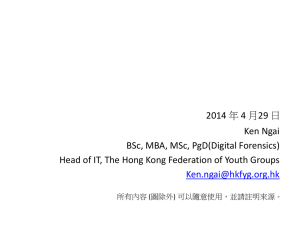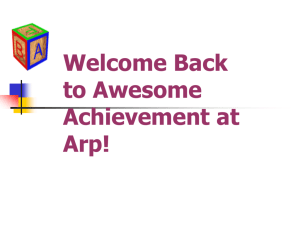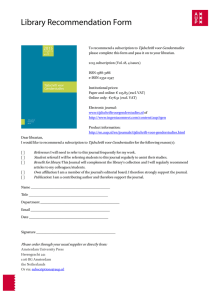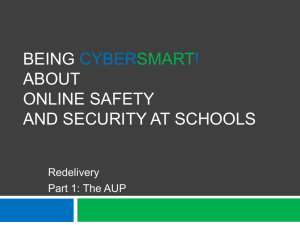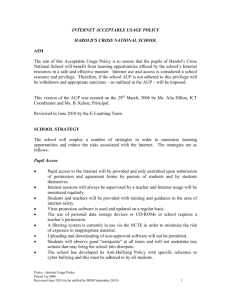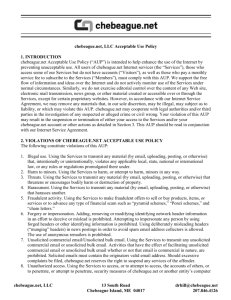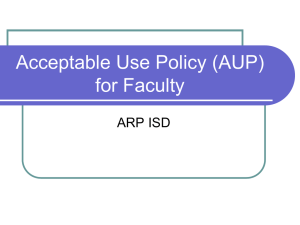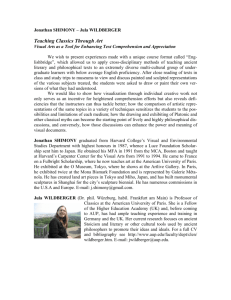Proficiency 1
advertisement
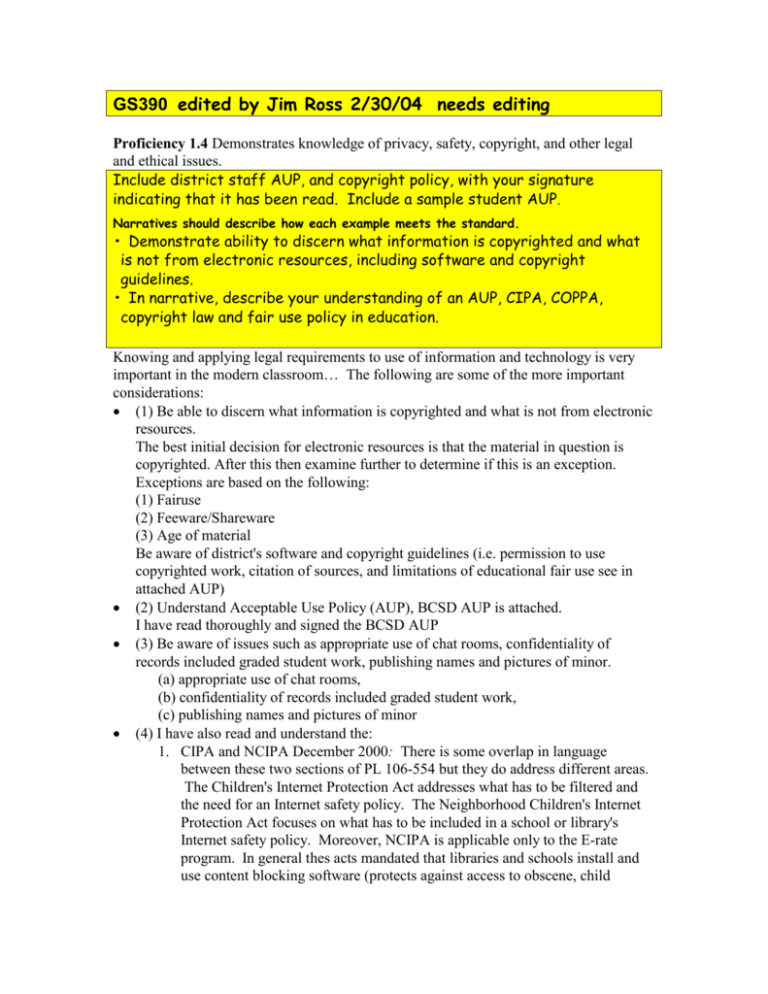
GS390 edited by Jim Ross 2/30/04 needs editing Proficiency 1.4 Demonstrates knowledge of privacy, safety, copyright, and other legal and ethical issues. Include district staff AUP, and copyright policy, with your signature indicating that it has been read. Include a sample student AUP. Narratives should describe how each example meets the standard. • Demonstrate ability to discern what information is copyrighted and what is not from electronic resources, including software and copyright guidelines. • In narrative, describe your understanding of an AUP, CIPA, COPPA, copyright law and fair use policy in education. Knowing and applying legal requirements to use of information and technology is very important in the modern classroom… The following are some of the more important considerations: (1) Be able to discern what information is copyrighted and what is not from electronic resources. The best initial decision for electronic resources is that the material in question is copyrighted. After this then examine further to determine if this is an exception. Exceptions are based on the following: (1) Fairuse (2) Feeware/Shareware (3) Age of material Be aware of district's software and copyright guidelines (i.e. permission to use copyrighted work, citation of sources, and limitations of educational fair use see in attached AUP) (2) Understand Acceptable Use Policy (AUP), BCSD AUP is attached. I have read thoroughly and signed the BCSD AUP (3) Be aware of issues such as appropriate use of chat rooms, confidentiality of records included graded student work, publishing names and pictures of minor. (a) appropriate use of chat rooms, (b) confidentiality of records included graded student work, (c) publishing names and pictures of minor (4) I have also read and understand the: 1. CIPA and NCIPA December 2000: There is some overlap in language between these two sections of PL 106-554 but they do address different areas. The Children's Internet Protection Act addresses what has to be filtered and the need for an Internet safety policy. The Neighborhood Children's Internet Protection Act focuses on what has to be included in a school or library's Internet safety policy. Moreover, NCIPA is applicable only to the E-rate program. In general thes acts mandated that libraries and schools install and use content blocking software (protects against access to obscene, child 2. 3. 4. 5. pornography; or harmful to minors) on public Internet computers as a prerequisite to receiving federal funds for programs. COPPA; Children's Online Privacy Protection Act of 1998, specifies conditions, permissions and types of information collectible from children by web site operators and actions taken if violations are suspected. Copyright Law Fair use policy for education Patriot Act… Artifacts: (1) Include a district teacher AUP, and copyright policy, with your signature indicating that it has been read. (2) Include a sample student AUP (3) A summary of Copyright considerations (4) A copy of the first page of Stanford Universitys site specifying the various considerations of Fair use and Copyright. (5) A summary of CIPA, (6) A summary of COPPA
